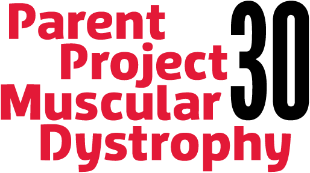
We are truly in awe of our community’s amazing advocacy efforts last week!
Not only have we received a number of inquiries and positive feedback from congressional offices, we are also making exciting progress toward advancing the BENEFIT Act and having it be considered for potential inclusion in the Prescription Drug User Fee Authorization (PDUFA) legislation!
It was just announced that the House Energy and Commerce Committee will hold a congressional hearing this Thursday, March 17 at 10:30 AM ET on “The Future of Medicine: Legislation to Encourage Innovation and Improve Oversight.” This hearing will review over 20 different bills intended to improve drug development processes, including HR 4472 the BENEFIT Act. Click here for more information and to watch the hearing webcast on Thursday.
A congressional hearing is a critical first step in the process of advancing legislation toward becoming law. We thank our congressional champions, Rep. Doris Matsui (D-CA) and Brad Wenstrup (R-OH), and the leaders of the Energy and Commerce Committee Chairman Pallone (D-NJ), Ranking Member Cathy McMorris Rodgers (R-WA) and Health Subcommittee Chairwoman Anna Eshoo (D-CA) and Ranking Member Brett Guthrie (R-KY) for making this bill a priority for the Committee’s consideration.
The BENEFIT Act would require FDA to include in the risk-benefit assessment framework of a new drug application how patient experience data was considered in the review process. The Duchenne community knows how important information from patients and caregivers is to clinical research and that this information must inform FDA decisions. For example, patients and caregivers may prioritize benefits and risks of a drug differently than a clinical researcher or regulator. This information should be weighed by the FDA and they should make public how it was factored into their decision.
Providing this information to the public, and to patient communities making significant investments in developing patient-focused drug development (PFDD) data, increases transparency and will accelerate PFDD strategies more broadly.
Now that we and the FDA have more experience with patient experience data, now is the time to take the next step and put that information to work. Ask your members of Congress to support this critical legislation today!
Take Action >


 by: Parent Project Muscular Dystrophy
by: Parent Project Muscular Dystrophy

